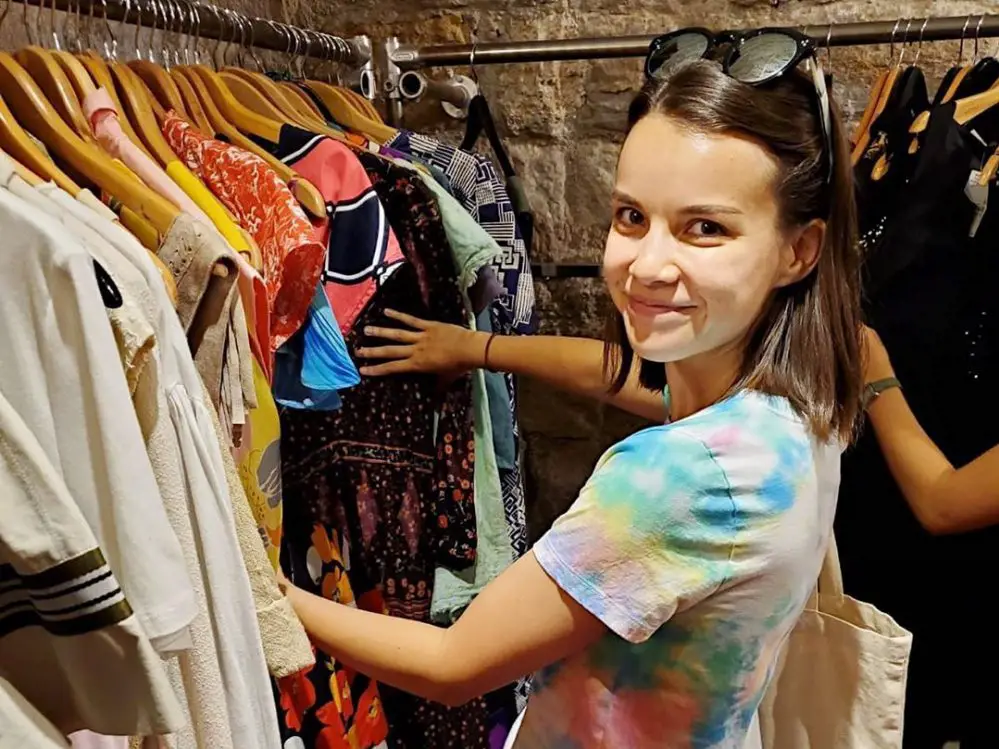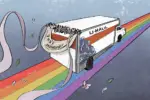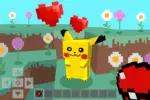Sustainability has been on the rise over the years and has presented itself in a variety of forms: switching to reusable bags, not buying plastic and disposable packaging, the zero-waste movement, going vegan, not supporting fast fashion — the list goes on.
However, sustainable living looks different for everyone. It is perfectly plausible that not everyone will have the ability to drastically implement every single aspect of the sustainability movement in their lives.
I applaud those who can make their deodorant and toothpaste, and fit their garbage into a jar; however, this lifestyle is not only inaccessible to many, but it can also draw people away from sustainability because they are simply overwhelmed with the number of changes they need to implement.
Many feel discouraged when they’re faced with the reality of how many of our everyday actions are unsustainable, and wonder if there is any point in changing their habits as there’s still so much work to be done.
However, what if everyone was able to be just a little bit more sustainable? Wouldn’t that be the first step in making all the difference? Many YouTubers cover in-depth sustainable living, with channels dedicated to trying the newest bar shampoos and providing opinions on different safety razors.
This is wonderful for those who seek to go beyond the basics and have already immersed themselves in the world of sustainability. For those just starting out, though, here are some YouTubers who provide a pathway to those first steps in implementing small, sustainable practices into daily life.
1. Jusuf
Jusuf (Jasmin) is a Zurich-based YouTuber who documents her life, productive habits and promotes sustainability through a minimalist mindset. Her video on shopping sustainable discusses how consumer behavior can be more mindful. Rather than simply recommending sustainable brands to purchase from, she instead focuses on the idea that “acquiring is the opposite of sustaining.”
Jusuf explores her criteria when it comes to buying more items, discusses alternatives for a new purchase and urges her viewers to shop mindfully — which is not only about turning away from fast fashion, but also about simply buying less. Her channel focuses on productivity and inner happiness, while also advocating for a simpler, less consumer-oriented lifestyle.
2. Joe Lee
Vancouver-based YouTuber Joe Lee focuses on minimalism, staying healthy and “being less sh–ty.” His motto captures an important perspective in the sustainability community, one that focuses on improving lifestyle choices where possible, instead of urging others to turn completely zero-waste and/or plant-based, especially since not everyone can do these things.
He explores the practicality of zero-waste stores, discusses the cons of donating everything and encourages his viewers to be overall less wasteful. His channel has a general message that focuses on sustainability, though he has a variety of videos and approaches to aid viewers in becoming more sustainable in different aspects of their lives, such as becoming paperless. He also demonstrates that people do not need to strive for perfection when it comes to sustainability, but rather, should act to collectively improve their lifestyle choices.
3. Bestdressed
Bestdressed (also known as Ashley) is a beauty and fashion YouTuber based in New York. Her approach to fashion focuses on thrifting and altering clothes for a closet filled with unique pieces. While she has stated that sustainability is important to her, she also recognizes that it can be an “elitist issue to ask someone to pay $200 for a sustainably made [piece].”
By acknowledging that she hasn’t achieved a completely sustainable wardrobe yet, she opens the conversation by introducing the narrative of doing what you can. Her videos on thrifting and altering clothing isn’t only a great approach to fashion — it’s also a great approach to being sustainable by reusing and transforming old clothes.
4. Shameless Maya
Los Angeles-based YouTuber Shameless Maya (Maya) is a creator who talks about beauty and healthy living. Her philosophy toward sustainability highlights a balanced lifestyle. She explores plant-based diets, and though she isn’t strictly vegan, she takes note of when she consumes seafood and eggs.
Maya has admitted her love for shopping; however, she urges viewers to consider the brands they’re purchasing from. She also explores water usage, the process of creating Fair Trade products and ways to upcycle old clothes and furniture. While many sustainable YouTubers often overlap with a minimalist philosophy, Maya provides a perspective on sustainability for those who just don’t vibe with minimalism.
5. Ingrid Nilsen
Ingrid Nilsen is a beauty and fashion content creator. She recently uploaded a video on sustainability at home, where she discussed how and why to eat seasonally, reusing old household items, eco-friendly cosmetics and cleaning products. Ingrid also illustrates the importance of reducing, reusing and recycling by tackling why these actions should be done in that specific order. Like many of the other YouTubers listed, Ingrid demonstrates that it is unnecessary to go to extremes when it comes to implementing sustainable lifestyle practices.
While looking for eco-conscious advice on YouTube, it can be difficult to navigate which choices will suit you best when trying to become more sustainable. None of these YouTubers are zero-waste, or necessarily have lots of content dedicated to sustainability. Many of them focus on other areas of interest; however, they have presented their efforts to practice sustainability in their lives.
Their simple approaches drive the sustainability conversation forward, and as a result, the movement can become more widespread and normalized. Weaving sustainability into other topics of interest creates a starting point, an introduction, and perhaps piques an interest to dig deeper into the movement. They establish a convenient starting point for sustainable living, and let their viewers discover what practices are most suitable for them.
Being sustainable doesn’t need to be an overwhelming change, nor does it need to be contained to the niche of the zero-waste community. While the movement has a long way to go in terms of accessibility, these channels provide small, concrete steps toward sustainability that can be tweaked to fit individual needs and lifestyles.

















